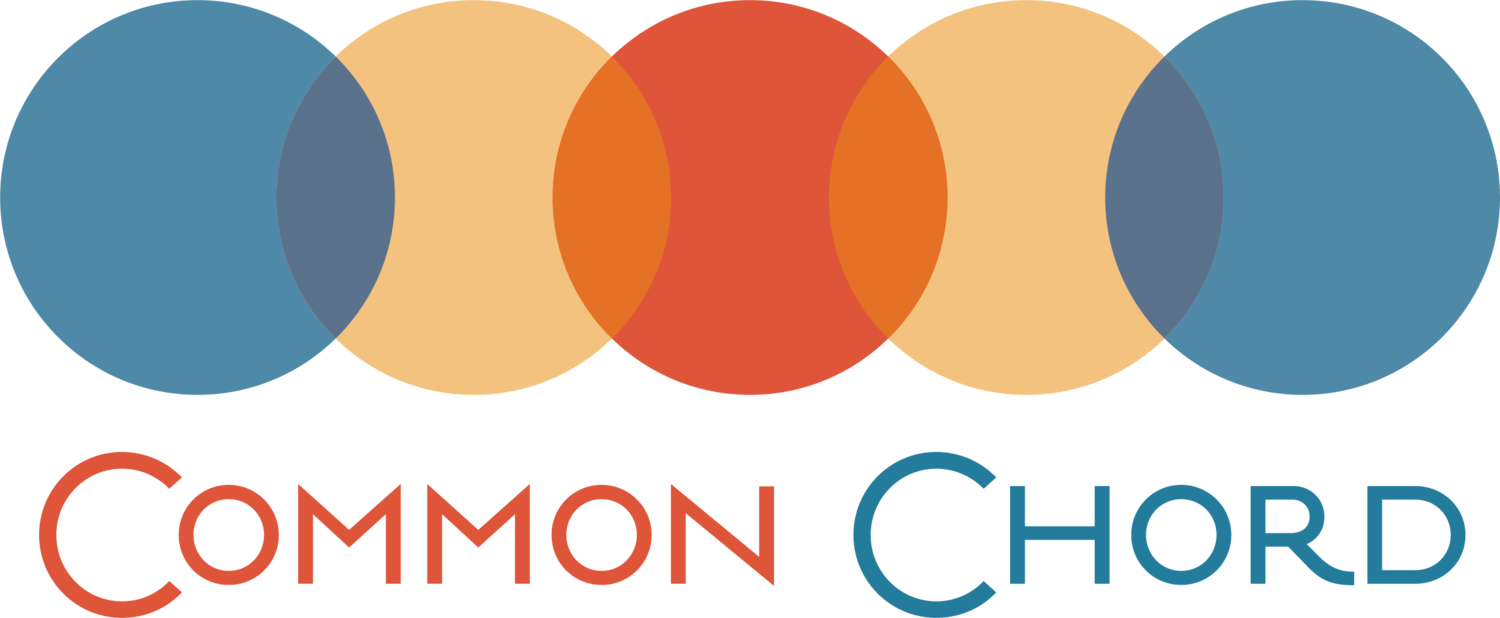Supporting Children that Have Identity Abundance
Parenting Children Navigating Several Different Kinds of Minority Stress
In my most recent podcast interview I had a conversation with Mark Hagland. Mark identifies as cisgender, able-bodied, male, twin, transracial international adoptee, and a member of the LGBTQ+ community. Mark discussed the concept of “identity abundance” and the gifts and challenges involved in growing up as someone with multiple non-dominant or protected identities.
It's tough enough to be a kid these days. They are bombarded with so much media and endless demands on their time. Competition. Comparison. A world that has been nothing less than shaky and increasingly polarized.
It is additionally tricky for young people who are navigating identities that experience elements of minority stress. Many of the families I spend time with each week are families raising children with intersecting identities. This means their children are children of color, and/or adoptees, and/or young people in the LGBTQ+ community. Navigating any one of these identities can be tricky as a young person, but to be finding your way with two or three of these identities at the center of your story can be incredibly challenging. And it can also be incredibly rich.
Each of these identities often includes something referred to as the narrative burden. Narrative burden refers to the decisions that adoptees, kids of, and LGBTQ+ youth often have to make about how much of their story to tell. Others outside of each of these communities can be curious, and there is also a lot of misinformation about each of these identities. Hence, kids and teens are often bombarded with questions about their racial, gender, sexual orientation, and adoptee identities.
It is also true that not everyone has accurate information, and equally developed affirmation of, the identities listed above. Meaning, as Mark discusses in our podcast interview together, as a gay adoptee of color he experienced homophobia in his racial mirroring group, and racism in pockets of the LGBTQ+ community. This dynamic can lend itself to feelings of isolation and a sense of being a “permanent outsider.” It can also be a particularly challenging dynamic for transracial adoptees who are actively seeking racial mirrors that may or may not understand elements of their adoptive and/or LGBTQ+ identities.
At the same time, seeing the world through these lenses can lead to rich, diverse experiences and social circles. Parents of young people on these journeys have opportunities to learn hard, new, amazing, complicated, and sometimes painful things. These kids need the grown-ups in their lives to the do the work, find safe spaces, and help them find their own power, sometimes with the press of others, to tell their stories.
How do parents of these identity abundant children support them? I’ve gathered 3 Tips for Parents Raising Kids with Intersecting Identities
1. Whenever possible help your child find spaces with mentors from all the communities they are learning to navigate.
2. Practice with your kids how to deflect or redirect questions from strangers that would “put them on the spot” to explain parts of their identities.
3. Do your own work to work through your own biases and prejudices to allow your child full access to mentors and social support from various communities.
Navigating several protected identities can be stressful and kids need support to learn to deal with other people’s judgements or misinformation. At the same time, kids on paths less traveled bring unique perspectives and experiences to the table. Horizons open. Connections are made. Lives change when children are truly able to be ALL parts of themselves safely.
Dr. Laura Anderson
Dr. Laura S. Anderson specializes in educating and supporting families, as well as clinicians who support transracial adoptive families, across the globe to overcome barriers, derive strength from their differences, and thrive. She is a dynamic advocate for multiracial families and a strong advocate for supporting "third culture" children and families who may need support with the stressors associated with living out of their countries of origin.
Contact Dr. Anderson here.



